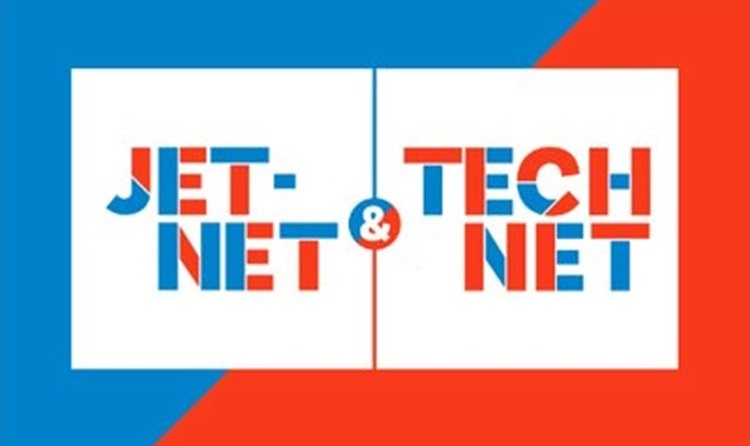StarT Finland
StarT is the flagship programme of the LUMA Centre Finland (Finnish STEM platform).
StarT is the flagship programme of the LUMA Centre Finland (Finnish STEM platform). Launched in 2016, the programme's main objective is to bring science, mathematics and technology closer to children and youngsters through interdisciplinary, project-based collaborative learning. The programme is implemented by LUMA Centre Finland (network between 13 regional STEM education centre within Finnish universities) through 'learning communities', supported by collaboration partners including the Finnish National Agency for Education and companies in the field of science and technology like IBM.
The StarT programme is implemented on three levels:|
- Local level: kindergartens, primary schools, high schools, and extracurricular activity groups participating in StarT
- Regional level: StarT festivals organized all around Finland by the LUMA centers together with local partners (does not apply to non-Finnish participants)
- National / International level: the LUMA Centre Finland organizes the StarT Gala, where teams chosen by the StarT jury – also non-Finnish teams – are awarded
In these levels, the StarT programme supports project-based learning in the local learning communities, StarT festivals and a national/international StarT gala.

The overall feedback has been excellent. For example, in relation to a math related learning project teachers noted that: “Children have learned to create their own ideas, to solve problems in a team, work together to overcome difficulties, associate the amount of things with numbers, improved perception of time and counting skills. During the festival they developed not only mathematical skills, but also improved their social skills.” In school year 2016-2017 support material was sent through the StarT newsletter to 500 learning communities in Finland. There were ca. 10 000 participants (kids/youth/teachers/educators) in StarT learning communities, ca. 1000 participants in regional StarT festivals and ca. 400 participant in national/international StarT Gala.
In the 2016-2017 school year, the StarT programme supported 400 learning communities from Finland and 350 learning communities from abroad with participants from 36 countries.
StarT learning projects are carried out in learning communities like day care centres, kindergartens, schools etc. around the country and funded by themselves. Regional and national StarT marketing as well as the regional StarT festivals and national/international StarT Gala are funded by the Finnish universities and the sponsoring companies.






